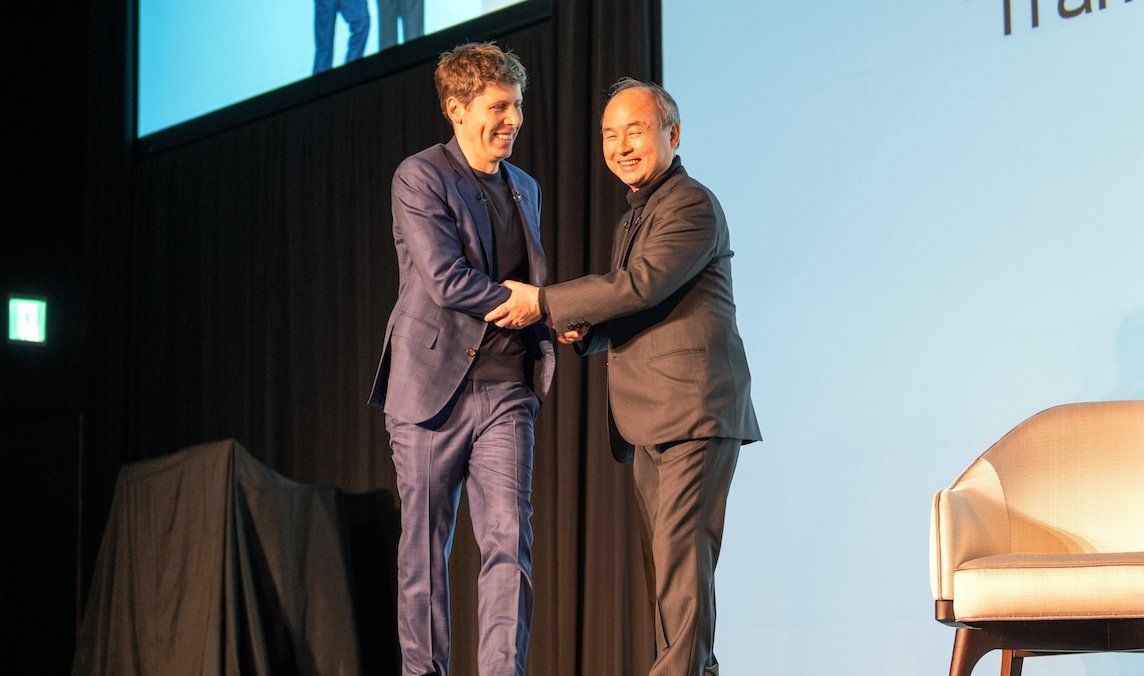340 billion: OpenAI is closing in on a new funding round that would value the company at
$340 billion. Japanese venture firm SoftBank is leading the round, which would make the ChatGPT developer the
most valuable private company in the world, leaping ahead of TikTok parent company ByteDance, worth $220 billion. SoftBank and OpenAI also
announced a new joint venture in Japan called SB OpenAI Japan on Monday.
1 million: Meta said that it sold 1 million units of its AI-enabled Ray-Ban smart glasses in 2024. It’s the first time the company has revealed sales numbers for its glasses, which retail between $299-$379.
35: Even young people get tricked by AI. A new report from Common Sense Media, a nonprofit advocacy group, found that 35% of teenagers aged 13–18 self-report being deceived by fake content online, including AI-generated media.
8: The Beatles won their eighth competitive Grammy Award on Sunday for the AI-assisted song “Now and Then.” A production team used AI to turn an unreleased John Lennon demo from the late 1970s into a polished track.
95: Anthropic announced a new “constitutional classifiers” system that in a test was
95% effective in blocking users from eliciting harmful content from its Claude models — up from 14% without the classifiers. Similar to the “prompt shields” Microsoft introduced last year, this is the latest effort to reduce “jailbreaking,” where users coerce AI models into ignoring their own content rules.
